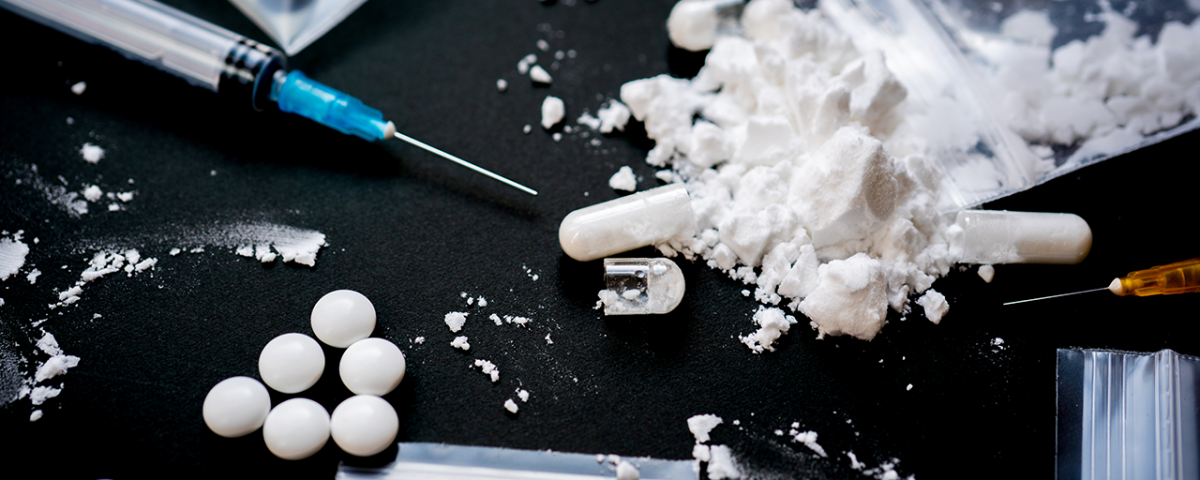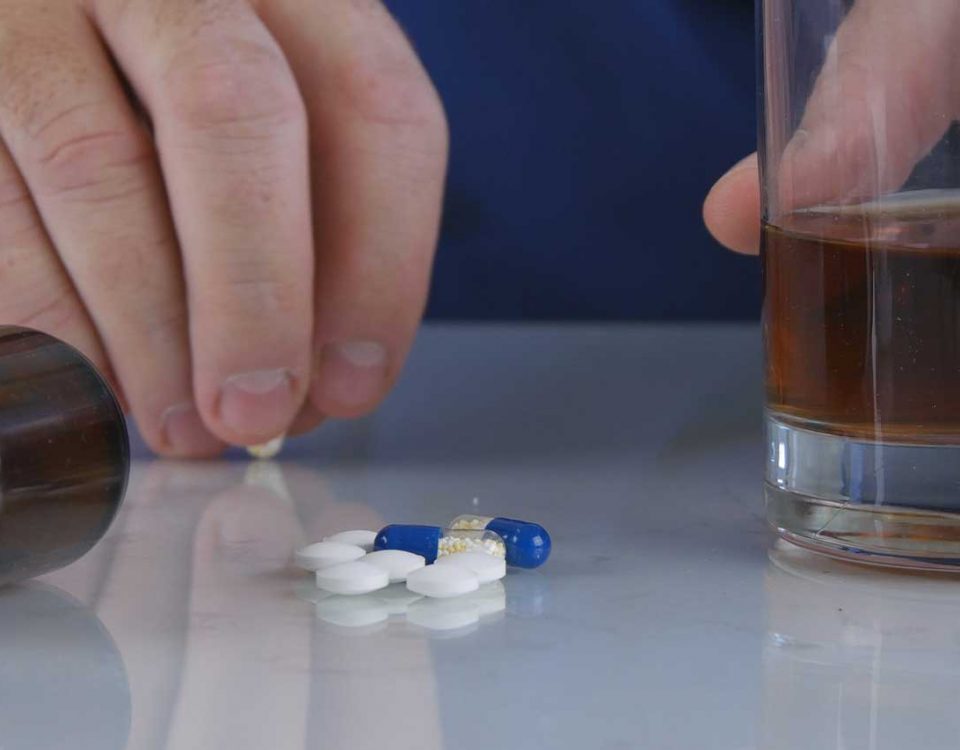Stimulants are drugs that increase activity in the central nervous system (CNS) by acting on certain neurotransmitters (chemical messengers). They produce feelings of euphoria and well-being and can increase alertness, concentration, and energy. In addition to natural stimulants like caffeine, there are also prescription stimulants – such as Ritalin and Adderall – and illegal stimulants like cocaine and methamphetamine. Because these types of drugs improve mood and increase energy, people are often tempted to abuse them. Due to their potential for addiction, recognizing signs of stimulant abuse can increase the person’s chances of receiving treatment to regain their health and sobriety.
Why Are Stimulants Addictive?
Stimulants are addictive because of the way they affect the brain. Whether they are prescribed or illegal, stimulants increase the levels of chemicals like dopamine and norepinephrine, both of which are associated with mood, energy, motivation, and other functions.
Dopamine is a particularly important chemical in this equation, mainly because it is linked to the brain’s reward system. When dopamine levels are high, a person feels euphoric and invincible.
Stimulants like cocaine and meth are not only known for producing these sensations of pleasure and well-being but also for causing a false sense of invincibility and confidence. Several types of addictive stimulants include:
- Adderall (prescription)
- Dexedrine (prescription)
- Ritalin (prescription)
- Concerta (prescription)
- Desoxyn (prescription)
- Ephedrine (prescription)
- Methamphetamine (illegal)
- Cocaine (illegal)
In addition to abusing stimulants to get high, many people misuse these drugs to improve their performance at school or work. Prescription stimulants used to treat ADHD (Attention Deficit Hyperactivity Disorder) symptoms – such as Ritalin and Adderall – are among the most misused stimulants for performance purposes.
However, these drugs do not do much for people without ADHD. Individuals with ADHD often struggle with concentration problems and impulsive behavior, and medications like Adderall and Ritalin are designed and dosed to treat these problems, not to be used as “smart drugs.”
Using stimulants without a prescription or taking them for the wrong reasons only increases the risk of physical dependence and addiction. Unfortunately, this has become a more prevalent problem in the U.S., with over 900,000 people abusing prescription stimulants every year.1
Stimulant Abuse Signs
Stimulants ranging from ADHD medications to cocaine are often abused for their energizing and mood-boosting side effects. Those who frequently abuse stimulants are at risk of developing a drug use disorder.
Knowing what to look for in a person abusing stimulants can help you identify if they have a problem with drugs and get them illicit or prescription drug addiction treatment.
Common signs of stimulant abuse include:
- Aggressive behavior or angry outbursts
- Anxiety or nervousness
- Dilated pupils
- Doctor shopping or going to different doctors for more prescriptions
- Lying about symptoms to get prescriptions
- Stealing or lying to loved ones to get more drugs
- Stealing prescriptions from someone
- Using prescriptions more than directed by the prescribing doctor
- Using prescription stimulant drugs without a prescription
- Spending time with people who use drugs
- Elevated blood pressure
- Exhibiting excessive energy or motivation
- Hyper-focus
- Hyperactivity
- Jitteriness
- Loss of appetite
- Irritability
- Mood-swings
- Racing thoughts
- Rapid heartbeat
- Restlessness
- Engaging in risky or impulsive behaviors
- Sweating
- Using illicit stimulant drugs
- Sudden weight loss
- Increased sense of well-being or confidence
Stimulant abuse symptoms are more likely to occur in people who grew up in families with parents or siblings who abused stimulants or have a family history of addiction. Other risk factors of stimulant abuse include poverty, unemployment, mental illness, easy access to stimulant medications, and high stress.
In addition to the signs of addiction to stimulants listed above, a person abusing stimulants may also experience problems in other areas, such as:
- Social isolation
- Broken relationships
- Estrangement, divorce, or loss of child custody
- Liver, kidney, lung, or cardiovascular problems
- Erratic behavior
- Gastrointestinal problems
- Unemployment
- Financial problems
- Seizure
- Death
A person can lose everything to stimulant abuse if they do not get help. Our Chicago PHP offers a consistent form of care that helps clients recover from addiction while helping them transition to a sober lifestyle.
Withdrawal Symptoms
Another common sign of stimulant abuse is physical dependence. Physical dependence develops when a person takes a drug for a certain period.
Over time, their body develops a tolerance to a particular dose, requiring more of the drug to experience the same effects. Additionally, dependence is developed, which is marked by withdrawal symptoms that occur when the person goes too long without the drug, suddenly stops using it, or cuts down in big doses.
Common stimulant withdrawal symptoms include jittery reactions, anxiety, chills, dehydration, dulled senses, slowed speech, slowed heart rate, and more. It is advised that individuals who are addicted to stimulants undergo medically assisted detox to prevent dangerous withdrawals and complications.
Stimulant Addiction Treatment
If you recognize the signs of stimulant abuse in yourself or a loved one, do not wait to reach out for help. Our rehab center in Chicago offers cocaine, meth, and prescription drug addiction treatment to aid clients in their recovery from illicit or prescribed stimulant addiction.
Our facility utilizes various evidence-based treatment approaches, such as dialectical and cognitive-behavioral therapy, to help them physically recover and adapt to a lifestyle that is conducive to their recovery. If this sounds like something you need, contact us today.
Call Banyan Treatment Centers now at 888-280-4763 to get started with our Chicago IOP or PHP.
Source:
Related Reading:









